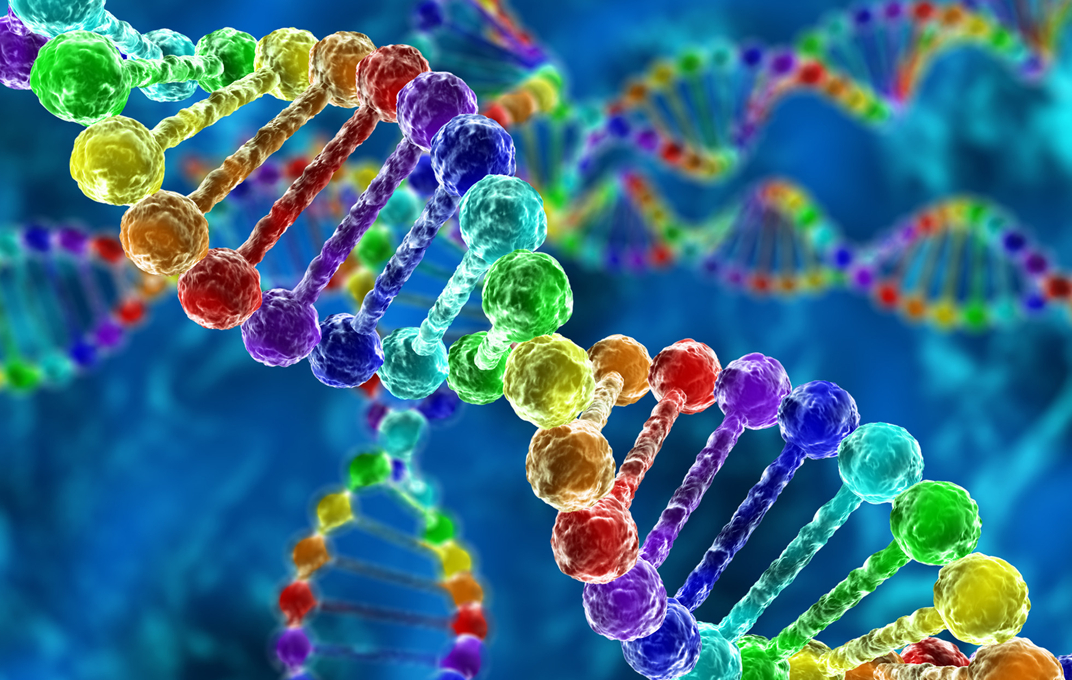Research has shown that our bodies have specific times when they are more efficient at processing certain nutrients. For example, insulin sensitivity tends to be higher in the morning, making this an optimal time for carbohydrate consumption. Conversely, late-night eating has been linked to weight gain and metabolic disturbances. By adjusting meal timing to align with these natural rhythms, individuals can optimize their metabolism and reduce the risk of chronic diseases such as obesity and diabetes.
One key aspect of chrononutrition is the importance of regular meal times. Consistently eating at similar times each day helps regulate the body’s internal clock, promoting better digestion and nutrient absorption. Skipping meals or having irregular eating patterns can disrupt this rhythm, leading to increased hunger and cravings, which may result in overeating. Establishing a routine can create a sense of stability and predictability, making it easier to maintain healthy eating habits.
Another important consideration is the composition of meals in relation to their timing. For instance, a breakfast rich in protein and healthy fats can provide sustained energy throughout the morning and help curb cravings later in the day. On the other hand, consuming heavy meals late at night can interfere with sleep quality and disrupt metabolic processes. Prioritizing lighter, nutrient-dense meals in the evening can support better sleep and overall health.

Incorporating seasonal foods into your diet can also enhance the benefits of chrononutrition. Eating foods that are in season aligns your diet with nature’s cycles, providing the body with nutrients that are most beneficial at different times of the year. This practice not only supports local agriculture but also encourages a varied and balanced diet that can improve health outcomes.
Mindful eating is another essential component of chrononutrition. Paying attention to hunger cues and eating without distractions can enhance the overall eating experience and help individuals recognize when they are satisfied. This practice can also promote healthier food choices and prevent mindless snacking, which often occurs during irregular eating patterns.
For those looking to implement chrononutrition principles, it can be helpful to start by tracking meal times and food choices. Analyzing patterns in energy levels, mood, and hunger can provide insights into how well your current eating schedule aligns with your body’s needs. Gradually adjusting meal timing and composition can lead to improved health and well-being.
Chrononutrition offers a holistic approach to eating that considers not only what we eat but also when we eat. By aligning dietary habits with our body’s natural rhythms, individuals can optimize their health and enhance their quality of life. Embracing the principles of chrononutrition may lead to lasting changes that support a healthier lifestyle.




